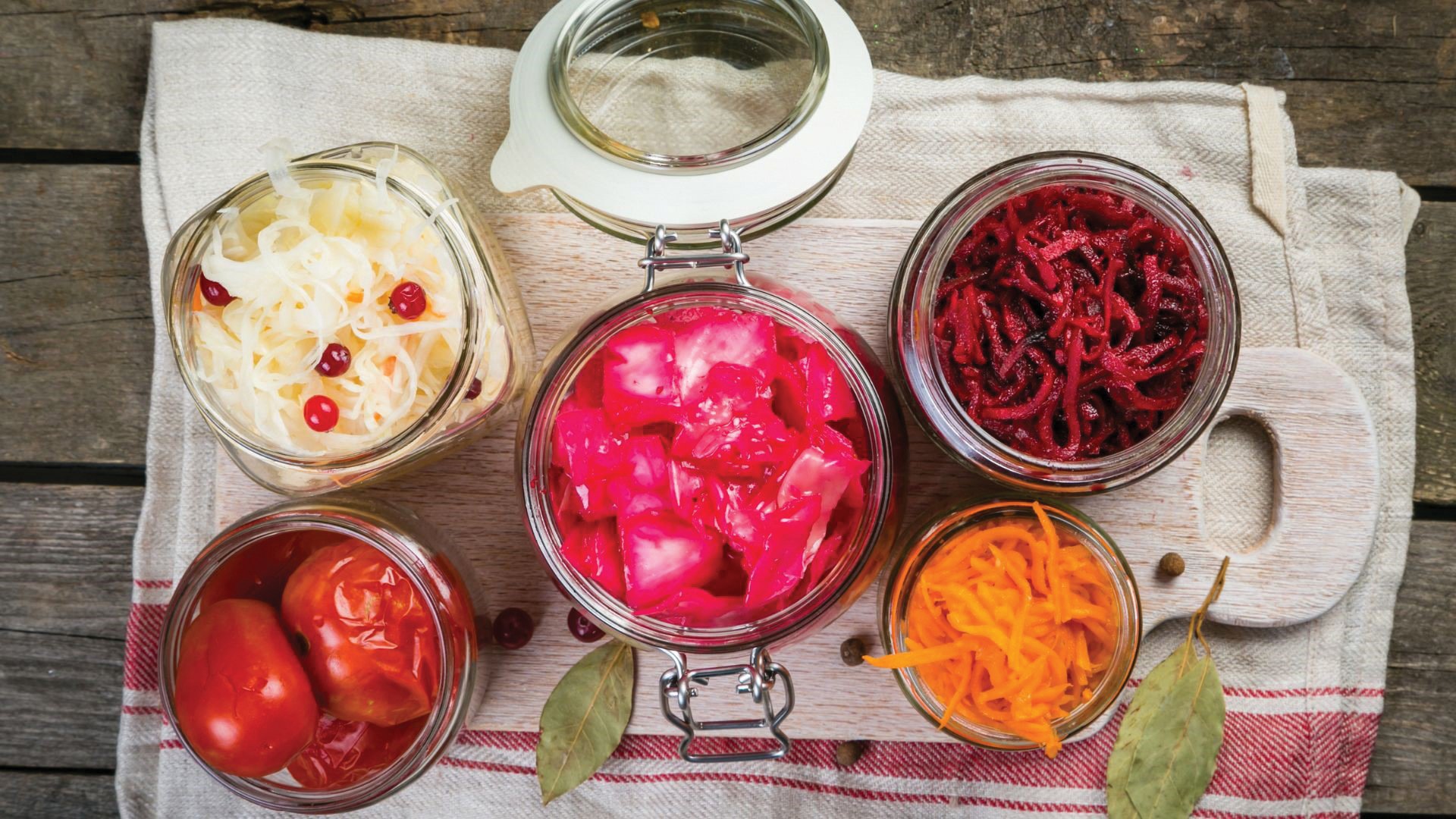
THE IMPORTANCE OF YOUR GUT MICROBIOME
March 09, 2023
Our digestive system is home to approximately 100 trillion bacteria. Yes, you read that correctly - one hundred trillion bugs that live inside your digestive system (give or take a few trillion). I don’t mean to freak you out but we are actually more bacteria than we are human cells. They can be beneficial, commensal or opportunistic little suckers. Collectively these bugs are known as our Microbiome, or gut microbiota and they are being recognised more and more as crucial in the state of our health.
The Microbiome plays an important role in many aspects and systems of health including digestion, the immune system, metabolism, the nervous system and hormones. The cells of the immune system and the gut Microbiome work closely together in defence against infections by coordinating responses.
It has been found that increased Microbiome diversity, as in those with a vast variety of different types of microbes in the gut have been shown to have less inflammatory markers, therefore disease states such as cardiovascular disease and diabetes.
There are various different ways the diversity levels of the gut Microbiome can be both increased and depleted. One of the ways in which diversity levels can be increased is through the consumption of fermented foods. In one study, a diet high in fermented foods helped to boost Microbiome diversity as well as improve immune response through a decrease in inflammatory markers. For example, in this particular study Interleukin 6 levels had been shown to decrease in the fermented food group over 10 weeks. Interleukin 6 is an inflammatory protein that has been linked to Type 2 diabetes, rheumatoid arthritis, chronic stress and other conditions. Diversity of the gut Microbiome has also been linked to important neurotransmitter production for the brain through the gut-brain axis.
How to start adding fermented foods into your diet is the next step. A good tip for finding most quality fermented foods is to start in the fridge here at Market Organics where we have lots of different options available.
If you’re dealing with a bacterial overgrowth like SIBO (small intestinal bacterial overgrowth), it’s important to address this first with a practitioner, as fermented foods might cause more dysbiosis initially. But for me, fermented foods were and continue to be a huge part of my gut healing journey. Food sensitivities are often a sign of damage to the gut. It takes time and effort, but your gut health can be improved and can make a massive improvement to quality of life.
Just like any muscle (think lifting weights) - our digestive system needs training to strengthen. If fermented foods are not currently part of your diet, start with just a little bit each day. Start small and pay attention to how your body responds. Back to the gym analogy; if you’ve just started lifting weights, you’re not going to go straight to the heaviest weight. That will end in hurt. If you go straight to eating fermented foods with every single meal when they’ve never been part of your every day diet, you might be headed for upset.
The taste can be different for some people. Try a few different flavours and brands and try adding it to meals instead of on its own. Some sauerkrauts and kimchi’s have really delicious flavours available now that can really amp up the most simple salads and dishes. You might also find that your microbes and taste buds adjust and eventually you begin to crave different types of foods. My personal favourite is Love Organics Fennel Kraut!
I have listed underneath some fermented foods with microbes that have been shown to have health benefits that you might like to try adding to your diet.
Fermented Foods
Kefir | Coconut Water Kefir | Kombucha | Sauerkraut | Kimchi | Miso | Tempeh | Natural/Greek Yoghurt | Apple Cider Vinegar | Kvass | Cottage Cheese - look for labelling that has active cultures | Natto Some Aged Cheeses.
I recommend going with organic and paying attention to labelling around natural fermentation. If you have any questions about a product, make sure you reach out in store.
Happy Bug Life.
By Sarah Mundell - Clinical Nutritionist BHSc
First seen in the Seasonal Magazine: Autumn 2023
Back to MO Blog page

